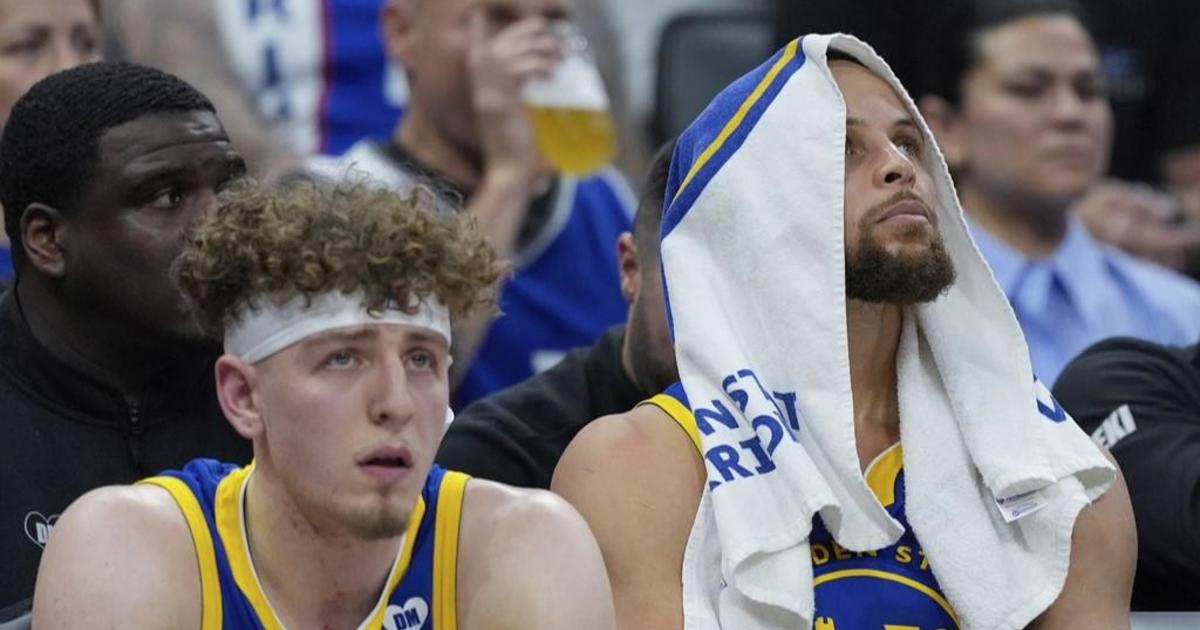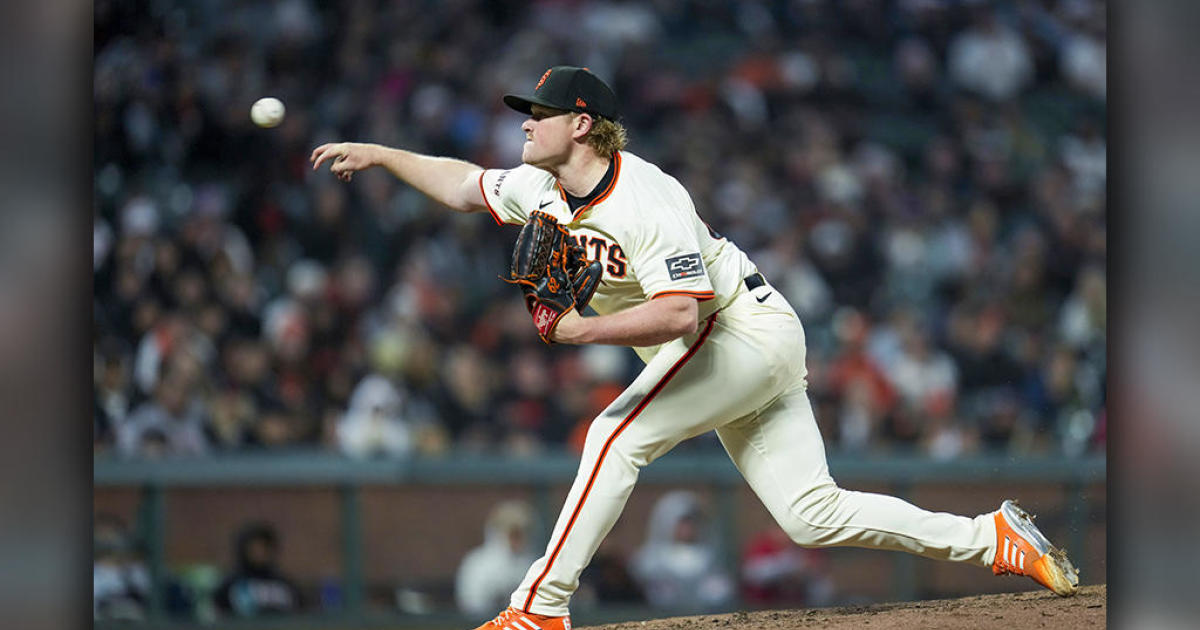KCBS Sports Fans: And You Were Surprised By Steroids In Cycling?
KCBS News Anchor Stan Bunger (who along with KCBS Sports Anchor Steve Bitker are the on-air duo known as KCBS Sports Fans) offers his unique sports analysis.
SAN FRANCISCO (KCBS) -- It's somehow weirdly fitting that members of the U.S. Postal Service cycling team used to refer to the banned blood-enhancing drug EPO as "Edgar Allan Poe." The words "mystery" and "macabre" come to mind when discussing Poe's body of literary work, and cycling's inner workings are nothing if not mysterious and macabre.
Tyler Hamilton's lengthy interview with "60 Minutes" may have blown all of this onto the front page--and irrevocably dented Lance Armstrong's continued protestations of innocence--but nobody who knows anything about the sport can possibly be surprised.
In the same way that baseball's steroid years should have been obvious to anyone following the sport, revelations about the inner workings of cycling's drug-soaked culture are not exactly shocking. The details are juicy, of course--"clean" cell phones to use when discussing doping, code names (like Edgar Allan Poe), clandestine flights--but "cycling" and "doping" have practically been synonymous for years.
A few key thoughts:
•Can human beings be expected to do what pro cyclists do without doping? The sport's marquee event, the Tour de France, lasts for three weeks, covering well over 2,000 miles. The winner's average speed, after all those miles and all that grueling climbing, routinely exceeds 25 MPH. Do me a favor: hop on your bike, see if you can get it up to 25 MPH, and then hold it there for 5 minutes. Didn't think so.
•The tendency to blame riders for being "cheaters" is misguided. Put yourself in their place: you're in your 20's, have been doing nothing but race a bike for years, and the "boss" tells you to "get with the program". Your choices? Do it, or say "no" and start figuring how you're going to get a real job with no education.
•As usual, it's about the money. Race organizers want the most demanding courses so they can maximize their profit. TV wants day after day of grueling competition. Team owners want maximum exposure for their brands. Managers want to win so they can keep their paychecks. Figure that problem out and you'll be on the way to figuring out how to end the doping. Hamilton's told "60 Minutes" and federal prosecutors that the U.S. Postal doping program was run by the team management itself and this is certainly the case with other teams, too.
•If you think testing programs will eliminate drugs from sports, you might also believe in Santa Claus. Armstrong's oft-repeated claim that he never failed a drug test (see also: Bonds, Barry) doesn't prove he was clean--it merely proves he didn't get caught. I was fascinated by Hamilton's explanation of how the U.S. Postal doping program relied on taking just enough EPO to get a boost--but not enough to exceed the doping-control thresholds. These people know what they're doing.
•Lance Armstrong is at a crossroads. His impact on cancer fundraising and consciousness-raising has been massive (his foundation has now sold more than 70 million of those yellow wristbands), but what happens to his credibility as the evidence against him mounts? For now, the Armstrong response is right out of his combative playbook: accuse everyone else. Tyler Hamilton is just saying all this because he wrote a book. CBS "has demonstrated an unpardonable zeal to smear Lance Armstrong." And so on. We'll see if this still plays if Armstrong ends up under indictment.
•Sure, it's self-serving, but the Armstrong camp's question about whether a massive federal investigation is the best use of the taxpayers' money is at least worthy of discussion. Look, I enjoy bike racing, but I'm wondering if it's really my government's job to clean up the sport (especially when most of the nefarious behavior took place overseas).
Tyler Hamilton didn't look like a guy who was much enjoying his turn in the "60 Minutes" spotlight. True, he might sell a few books, but to get there, he had to choose between telling the truth to federal prosecutors and clamming up to protect a sport that used him up the way it has so many others. Cycling, unlike major American pro sports, has no collective bargaining for its athletes. Some get rich, but most just get ground up and spit out.
>> Hear More From KCBS Sports Fans
(©2011 CBS Radio Inc. All rights reserved.)



